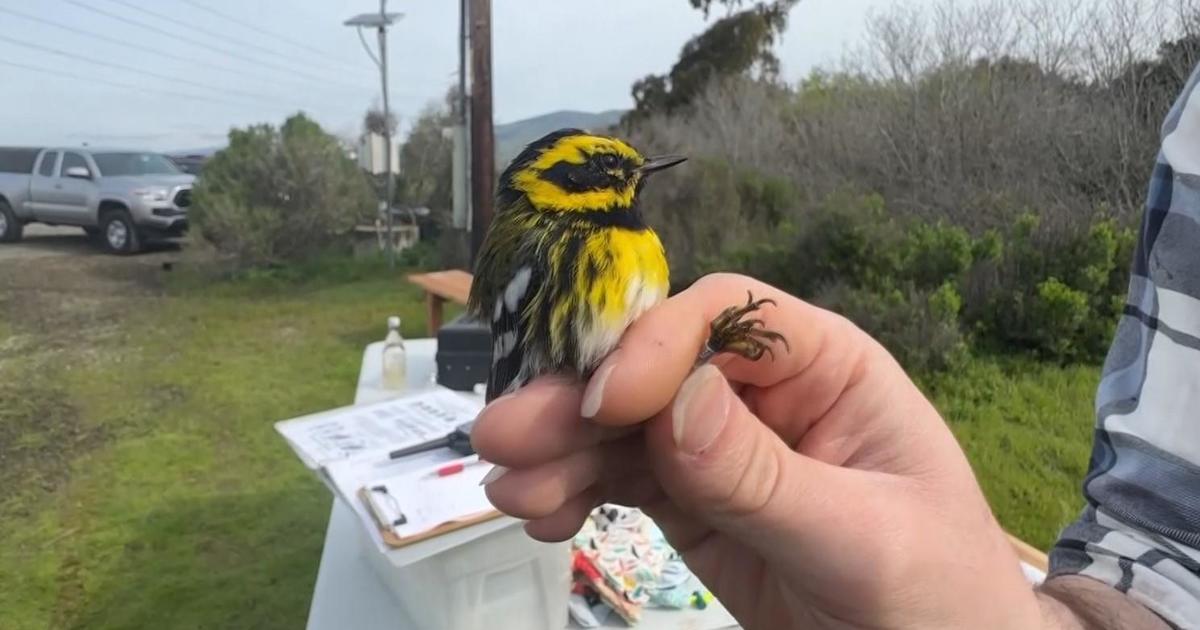Biologists Use Marine Mammals To Map Toxins On California Coast
MOSS LANDING (CBS/AP) -- California marine scientists are collecting samples from sea mammals around the state in an effort to create a map of toxic hot spots.
Marine Mammal Center researchers plan to use 10 years of data collected from the stranded sea lions, seals and whales it has saved to create a "disease map" of the coastal environment.
Stephanie Hughes, a marine scientist who studies disease in seals, told the Santa Cruz Sentinel the creatures are "samplers for the environment."
Seals and other marine mammals live near humans and eat a lot of the same seafood, including salmon and sardines.
As a result, the animals store contaminants from that food in their blubber, the levels of which can tell scientists where pollution is more concentrated.
So far, the blubber samples have shown different contaminants depending on the area — agriculture pesticides in Monterey Bay or flame retardants in the more urban San Francisco Bay environment.
Once the data is collected, scientists will study the regional differences of health issues and toxins from human contamination of the ocean.
The project hopes to inspire similar information gathering efforts elsewhere, like in New England, where many harbor seals stricken by bird flu died in 2012.
"The idea is to track trends and find hot spots, both where and when. Then we can address why," Frances Gulland, the center's head veterinarian, told the newspaper.
© Copyright 2014 Associated Press. All Rights Reserved. This material may not be published, broadcast, rewritten or redistributed.



